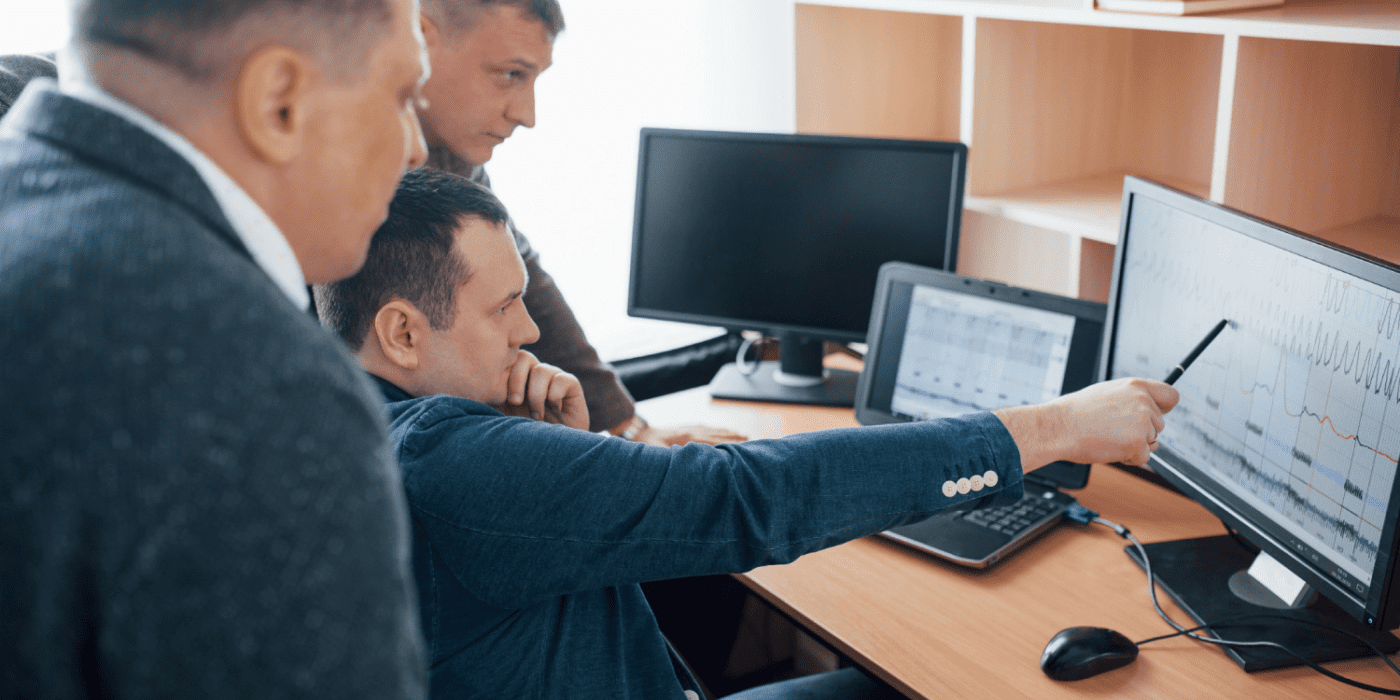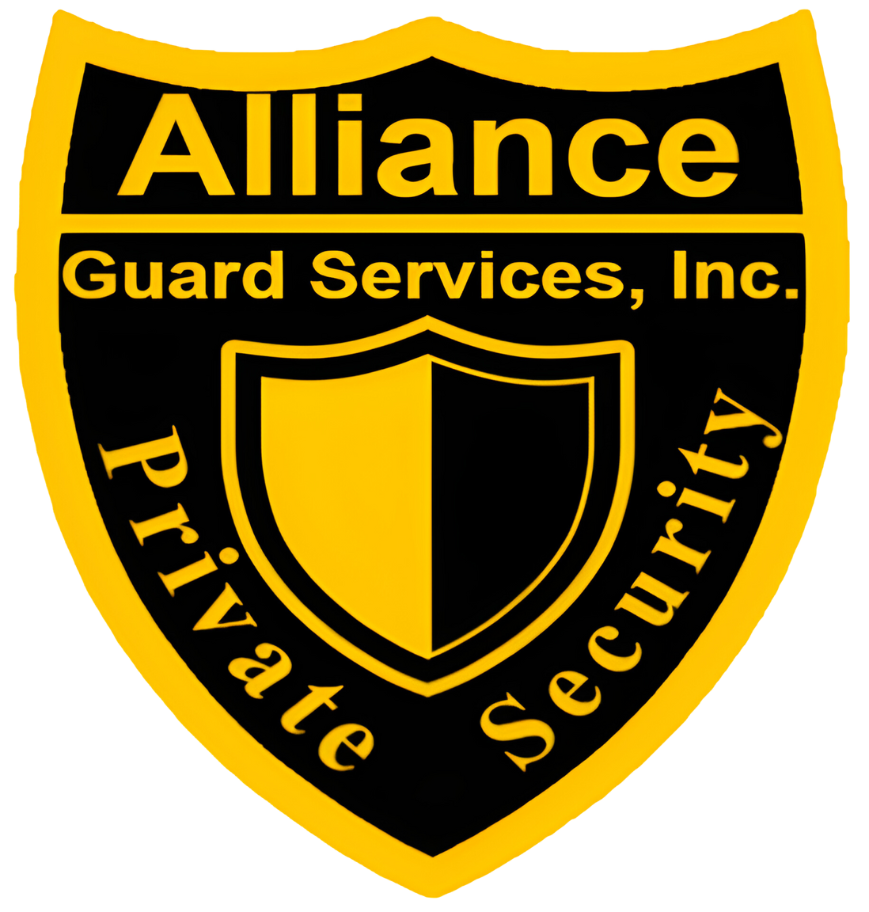Responsibility of a Security Guard
Security guards play a vital role in maintaining safety and security in various environments. In this article, we explore the responsibilities of security guards and their importance in protecting property, assets, and people.
Introduction to Security Guards
Security guards are trained professionals responsible for protecting property, assets, and people from various threats and risks. They work in a variety of settings, including commercial buildings, residential complexes, retail stores, and event venues, to ensure the safety and security of the premises and its occupants.
Responsibilities of a Security Guard
-
Protecting Property and Assets
One of the primary responsibilities of a security guard is to protect property and assets from theft, vandalism, and other criminal activities. They patrol the premises, monitor surveillance cameras, and enforce access control measures to prevent unauthorized entry and protect valuable assets.
-
Maintaining Security and Order
Security guards are tasked with maintaining security and order within their assigned areas. They deter disruptive behavior, enforce rules and regulations, and intervene in situations that pose a threat to safety and security. By maintaining a visible presence and being alert to potential risks, security guards help create a safe and secure environment for everyone.
-
Monitoring Surveillance Systems
Security guards are responsible for monitoring surveillance systems, including CCTV cameras and alarm systems, to detect and respond to security breaches or suspicious activities promptly. They are trained to recognize signs of potential threats and take appropriate action to address them effectively.
-
Conducting Security Checks
Security guards conduct security checks, such as bag inspections and metal detector screenings, to prevent prohibited items from entering the premises. These checks help enhance security measures and minimize the risk of incidents such as theft, violence, or terrorism.
Interacting with the Public
-
Providing Customer Service
Security guards often serve as the first point of contact for visitors, employees, and customers entering the premises. They greet people courteously, provide directions and assistance, and answer questions to ensure a positive and welcoming experience.
-
Enforcing Rules and Regulations
Security guards enforce rules and regulations governing the premises, such as parking regulations, smoking policies, and access restrictions. They educate individuals about the rules, issue warnings or citations for violations, and escalate enforcement actions as necessary to maintain order and compliance.
Emergency Response
-
Responding to Incidents and Emergencies
In the event of security incidents or emergencies, security guards are trained to respond quickly and effectively. They assess the situation, implement emergency protocols, and coordinate with law enforcement or emergency services as needed to ensure a timely and appropriate response.
-
Providing First Aid and Assistance
Security guards are often trained in first aid and CPR techniques to provide immediate assistance to individuals in need. They administer first aid, summon medical assistance, and provide support and reassurance to those affected by emergencies or injuries.
Collaborating with Law Enforcement
Security guards collaborate closely with law enforcement agencies to address security concerns and incidents effectively. They communicate information, cooperate in investigations, and provide support to law enforcement personnel as needed to maintain safety and security.
Importance of Security Guard Responsibilities
The responsibilities of security guards are essential for protecting property, assets, and people from various threats and risks. By fulfilling their duties diligently and professionally, security guards help create a secure environment where individuals can live, work, and visit safely.
Conclusion
Security guards play a crucial role in maintaining safety and security in various environments by protecting property, assets, and people, enforcing rules and regulations, and responding to emergencies. Their responsibilities are vital for creating a safe and secure environment for everyone.
FAQs Responsibility of Security Guard
What qualifications are required to become a security guard?
Qualifications vary depending on the employer and the specific role, but typically include a high school diploma or equivalent, completion of security training courses, and any required certifications or licenses.
What should I do if I witness suspicious activity while on duty as a security guard?
If you witness suspicious activity, you should immediately report it to your supervisor or the appropriate authorities. Avoid confronting the individuals involved and prioritize your safety and the safety of others.
Can security guards carry weapons?
Some security guards may be authorized to carry weapons, depending on the requirements of their employer and the nature of their duties. However, specific regulations and licensing requirements vary by jurisdiction.
What are some common challenges faced by security guards in their line of work?
Common challenges include dealing with confrontational individuals, working in challenging or hazardous environments, and remaining vigilant for long periods.
How can businesses benefit from hiring security guards?
Hiring security guards can enhance the safety and security of businesses by deterring criminal activity, preventing loss or damage to property and assets, and providing a sense of reassurance to employees and customers.


